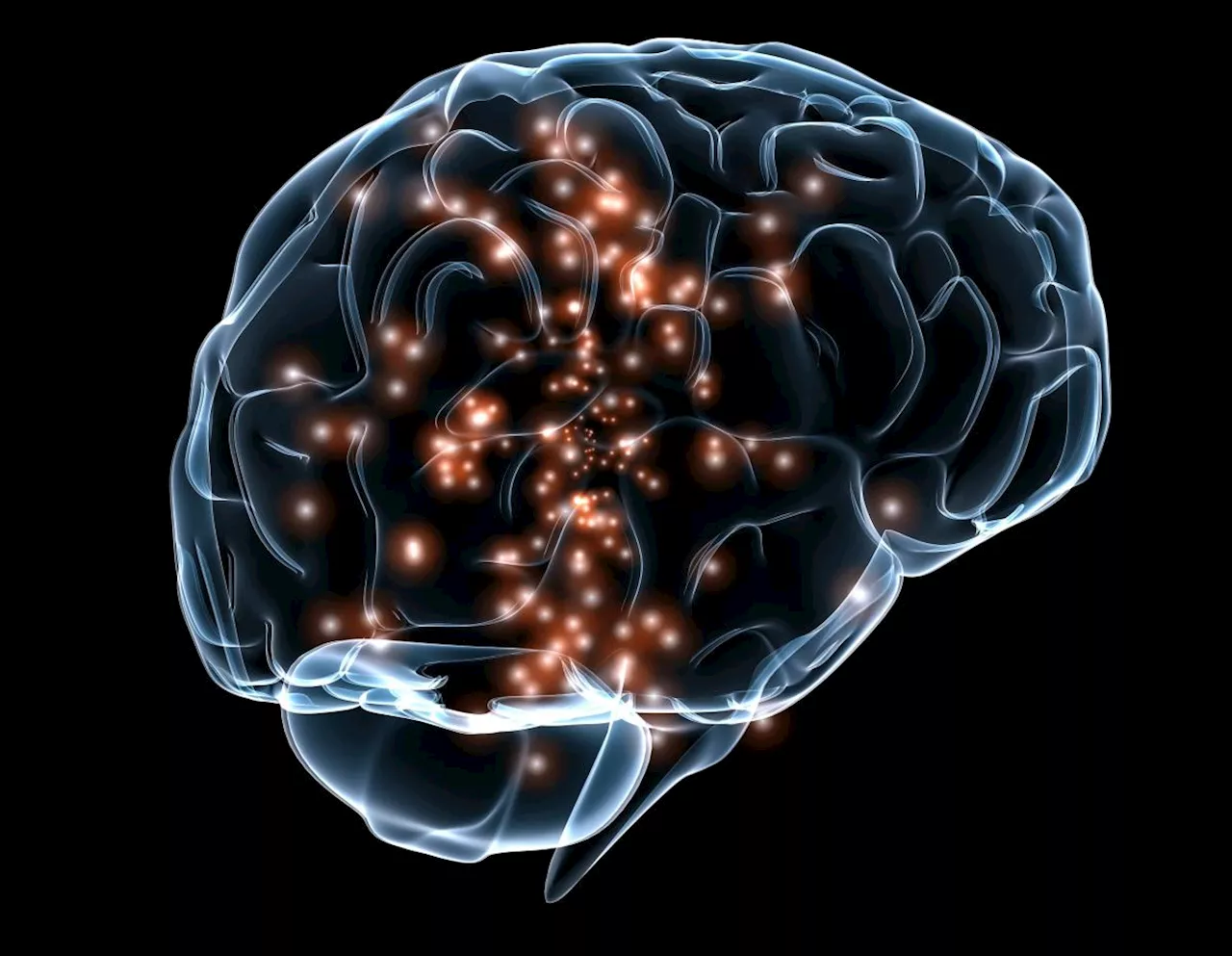New research has deepened our understanding of why pescetarians choose to eat fish but not the meat of land animals.
Cognitive dissonance research deepens our understanding of pescetarians retrieved 19 March 2024 from https://medicalxpress.com/news/2024-03-cognitive-dissonance-deepens-pescetarians.html
This document is subject to copyright. Apart from any fair dealing for the purpose of private study or research, no part may be reproduced without the written permission. The content is provided for information purposes only.3 hours ago Partner's disturbed sleep keeping you up at night? Letting go of unattainable dreams may keep you both happy in bedUse this form if you have come across a typo, inaccuracy or would like to send an edit request for the content on this page. For general inquiries, please use ourThank you for taking time to provide your feedback to the editors.
Your feedback is important to us. However, we do not guarantee individual replies due to the high volume of messages.to let the recipient know who sent the email. Neither your address nor the recipient's address will be used for any other purpose. The information you enter will appear in your e-mail message and is not retained by Medical Xpress in any form.Get weekly and/or daily updates delivered to your inbox.
Philippines Latest News, Philippines Headlines
Similar News:You can also read news stories similar to this one that we have collected from other news sources.
 SLU study examines the relationship between adversity, psychiatric and cognitive declineSaint Louis University associate professor of health management and policy in the College for Public Health and Social Justice, SangNam Ahn, Ph.D.
SLU study examines the relationship between adversity, psychiatric and cognitive declineSaint Louis University associate professor of health management and policy in the College for Public Health and Social Justice, SangNam Ahn, Ph.D.
Read more »
 Eating fatty food before surgery may affect memory-related cognitive function in older adultsEating fatty food in the days leading up to surgery may prompt a heightened inflammatory response in the brain that interferes for weeks with memory-related cognitive function in older adults – and, new research in animals suggests, even in young adults.
Eating fatty food before surgery may affect memory-related cognitive function in older adultsEating fatty food in the days leading up to surgery may prompt a heightened inflammatory response in the brain that interferes for weeks with memory-related cognitive function in older adults – and, new research in animals suggests, even in young adults.
Read more »
 COVID-19 linked to long-lasting cognitive deficits, study findsStudy in England suggests that COVID-19 may lead to long-term cognitive deficits, with more severe impacts observed in individuals infected early in the pandemic or with prolonged symptoms.
COVID-19 linked to long-lasting cognitive deficits, study findsStudy in England suggests that COVID-19 may lead to long-term cognitive deficits, with more severe impacts observed in individuals infected early in the pandemic or with prolonged symptoms.
Read more »
 The Effects of Caffeine and Creatine on Exercise Performance and Cognitive FunctionResearchers conducted a study to examine the individual and combined effects of caffeine and creatine nitrate on cognitive and exercise performance in resistance-trained athletes. The study aimed to investigate the potential synergistic effects of these dietary supplements. Caffeine and creatine have been found to enhance strength, endurance, and anaerobic performance. However, the interactions between caffeine and creatine are not yet fully understood.
The Effects of Caffeine and Creatine on Exercise Performance and Cognitive FunctionResearchers conducted a study to examine the individual and combined effects of caffeine and creatine nitrate on cognitive and exercise performance in resistance-trained athletes. The study aimed to investigate the potential synergistic effects of these dietary supplements. Caffeine and creatine have been found to enhance strength, endurance, and anaerobic performance. However, the interactions between caffeine and creatine are not yet fully understood.
Read more »
 Study shows glucose levels affect cognitive performance in people with type 1 diabetes differentlyA new study led by researchers at McLean Hospital (a member of Mass General Brigham) and Washington State University used advances in digital testing to demonstrate that naturally occurring glucose fluctuations impact cognitive function in people with type 1 diabetes (T1D).
Study shows glucose levels affect cognitive performance in people with type 1 diabetes differentlyA new study led by researchers at McLean Hospital (a member of Mass General Brigham) and Washington State University used advances in digital testing to demonstrate that naturally occurring glucose fluctuations impact cognitive function in people with type 1 diabetes (T1D).
Read more »
 Glucose fluctuations impact cognitive function in people with Type 1 DiabetesA new study led by researchers at McLean Hospital (a member of Mass General Brigham) and Washington State University used advances in digital testing to demonstrate that naturally occurring glucose fluctuations impact cognitive function in people with Type 1 Diabetes (T1D).
Glucose fluctuations impact cognitive function in people with Type 1 DiabetesA new study led by researchers at McLean Hospital (a member of Mass General Brigham) and Washington State University used advances in digital testing to demonstrate that naturally occurring glucose fluctuations impact cognitive function in people with Type 1 Diabetes (T1D).
Read more »
